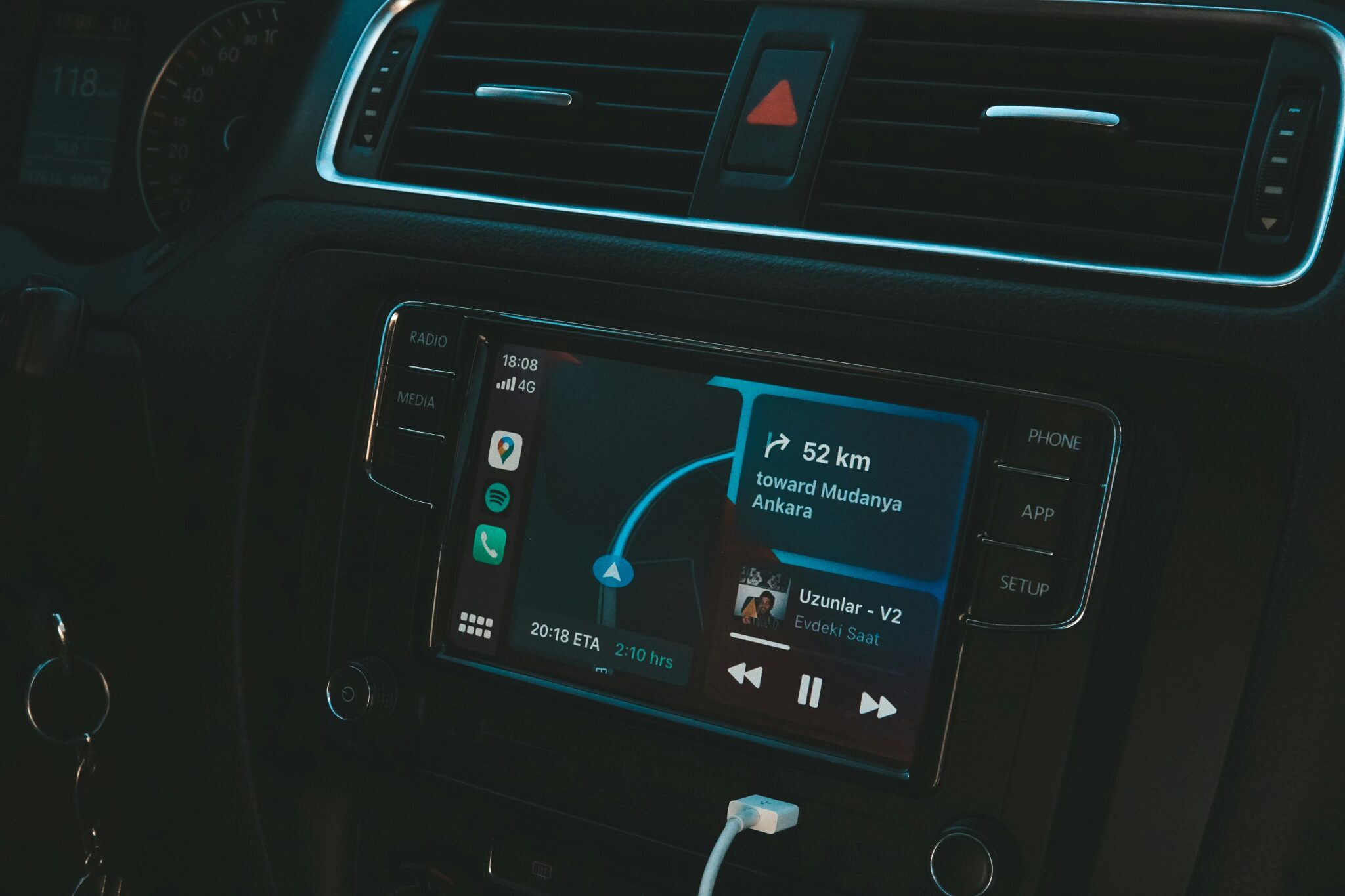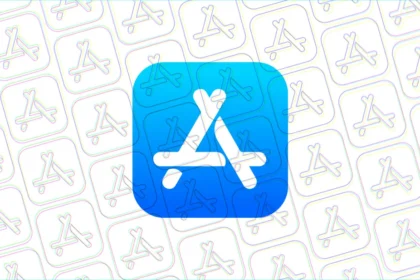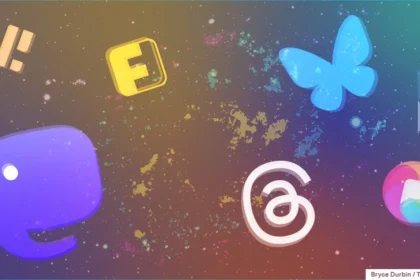Spotify has announced a new wave of AI policy updates aimed at improving transparency in music creation, curbing spam, and reinforcing bans on unauthorized AI voice clones.
The streaming giant said it will adopt the DDEX standard, an upcoming industry framework that enables labels, distributors, and music partners to submit standardized disclosures about AI use in tracks. This system allows for more precise credits, showing whether AI was used in vocals, instrumentation, or post-production, avoiding the “all or nothing” labeling issue.
“This industry standard will allow for more accurate, nuanced disclosures,” explained Sam Duboff, Spotify’s Global Head of Marketing and Policy. “It won’t force tracks into a false binary where a song either has to be categorically AI or not AI at all.”
In addition, Spotify reinforced its stance against AI-generated impersonations. Unauthorized AI voice clones, deepfakes, and vocal replicas are prohibited and will be removed from the platform.
To tackle AI-driven spam, Spotify will roll out a new spam filter later this year. The tool is designed to detect mass uploads, duplicate tracks, and SEO manipulation tactics, all of which have increased due to generative AI. The company also plans to expand the filter’s signals over time and work with distributors to prevent “profile mismatches,” where music is fraudulently uploaded to the wrong artist’s page.
Despite the stricter policies, Spotify emphasized its support for creative, responsible use of AI. Charlie Hellman, VP and Global Head of Music, noted:
“We’re not here to punish artists for using AI authentically and responsibly. But we are here to stop the bad actors who are gaming the system.”
Related: Spotify Expands Free Tier With New Song Search and Play Features
Spotify’s move comes amid a surge in AI-generated tracks across the music industry. Rival Deezer recently revealed that over 30,000 AI-created songs are uploaded to its platform daily, while viral AI acts like Velvet Sundown have sparked debates over transparency.
By tightening rules and embracing industry-wide labeling standards, Spotify aims to balance innovation with authenticity in the evolving AI music landscape.






